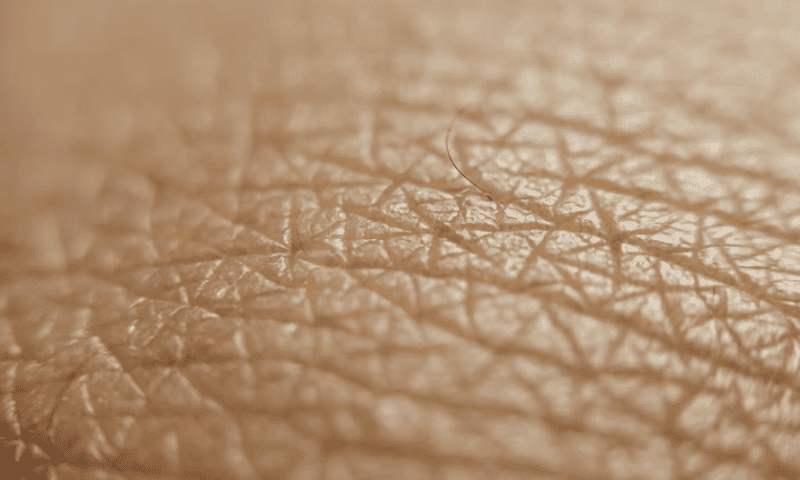Protagonist Therapeutics has shared a closer look at midphase data on its Johnson & Johnson-partnered oral peptide psoriasis drug candidate. The efficacy fell short of the high bar set by injectable treatments, but, with the candidate offering the convenience of oral delivery, a phase 3 program is planned.
The phase 2b trial randomized 255 people with moderate to severe plaque psoriasis to receive one of five regimens of the oral IL-23R antagonist peptide JNJ-2113 or placebo. After 16 weeks, 78.6% of the 42 people who took the top dose, 100 mg twice daily, experienced a 75% or greater improvement in their symptoms, as measured by the Psoriasis Area Severity Index (PASI).
Fewer than 10% of patients in the placebo group experienced PASI 75. Protagonist saw a dose-response relationship across the five treatment cohorts, with the PASI 75 rate rising from 37.2% in 25-mg daily arm up to 78.6% in the top dose group.
A similar pattern emerged from the analyses of the proportion of patients experiencing a 90% and 100% improvement in their symptoms. At the top dose, 59.5% of patients experienced PASI 90 and 40.5% met the requirements for PASI 100. Again, lower doses saw a lower score, with the rates of PASI 90 and 100 going as low as 25.6% and 9.8%, respectively.
The study suggests the oral peptide improves outcomes in patients with psoriasis compared to placebo. But, if JNJ-2113 is to carve out a piece of the market, it will need to show it is a viable alternative to the injectable biologics used to treat the condition today.
J&J, having developed Tremfya, has firsthand experience of how effective injectable anti-IL-23 blockers can be. The Big Pharma’s phase 3 program linked Tremfya to PASI 75 response rates of 83% and 91%, and PASI 90 rates of 64% and 73% at Week 16. The figures for JNJ-2113 fell short of the bottom end of those ranges and could slip in a larger phase 3 program, but the candidate has the advantage of oral delivery.
J.P. Morgan said the data “solidified” the multi-billion dollar potential against Bristol Myers Squibb’s oral psoriasis med Sotyktu. That therapy achieved a PASI 90 score of 36% and 27% at week 16 in a pair of phase 3 trials. The firm noted that JNJ-2113 appears to have missed out on achieving a “Tremfya-like profile,” but did come close to the injectable’s performance in a phase 2 study. The future phase 3 trial could examine a higher dose to try and boost efficacy.
That oral advantage is informing plans to move into a phase 3 trial in psoriasis and a midstage study in ulcerative colitis. The bowel disease is emerging as another area of competition for the manufacturers of injectable IL-23 drugs. The FDA rejected an application for Lilly’s molecule, mirikizumab, in ulcerative colitis on manufacturing grounds, allowing AbbVie’s Skyrizi and J&J’s Tremfya to close the gap.

